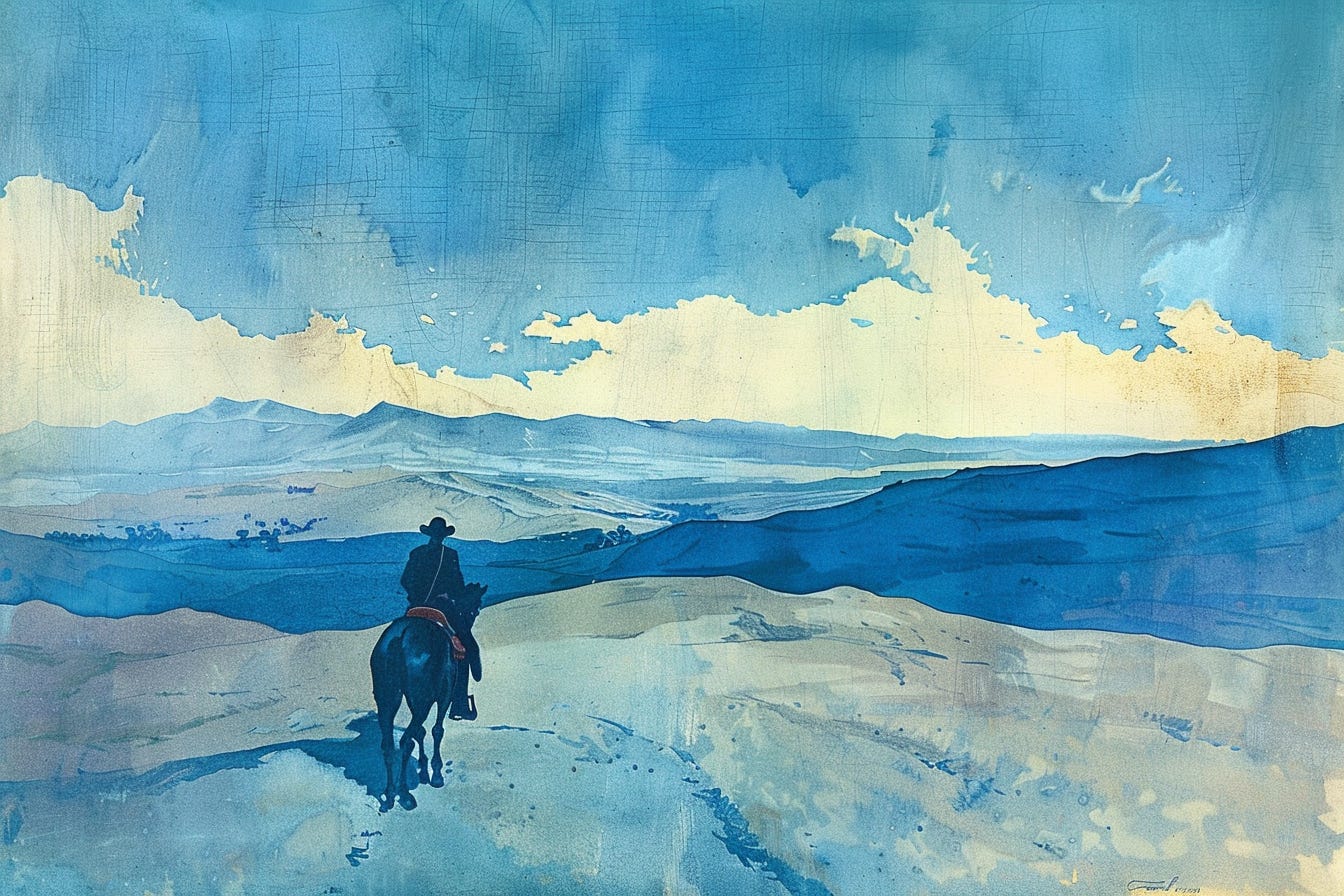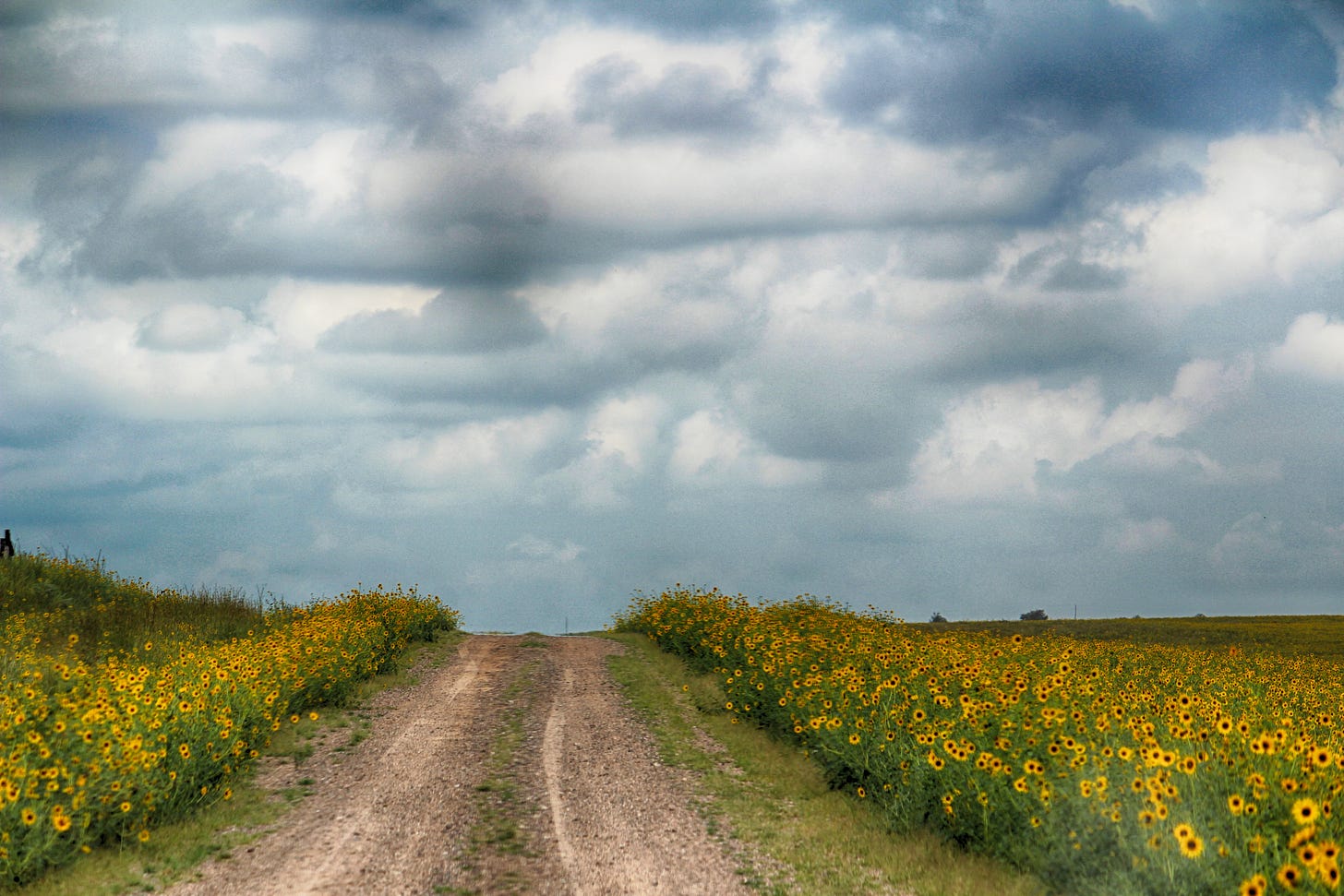This article was originally published at the Mad Genius Club on March 27, 2021.
Decisions, decisions. We make them constantly. Most of the time, they are thoughtless decisions. Once in a while, though, you founder on the shoal of a big one, one you know has the power to change your life forever, that can make or break you. It's at these points, as a writer, that you have to make a decision which overarches the character's choice.
Ultimately, even as an extreme pantser, the character's decision is mine the author's. I've gotten stuck on stories when I had the character take the wrong fork in the road, and realized it some time later, that I'd written myself onto a dead end. Some of this is that, just like in real life, we don't think of all of the ramifications. Consequences ripple out from the movement in life, and bounce back from unseen obstacles, sometimes swamping us. Which makes for great plot conflict in a story, but really sucks if you're living through it.
Which is why I get swamped sometimes while trying to decide. There is so much weight pressing on the pivotal point, I start sinking into the mud of 'what if?' and finally just FIDO. Which isn't necessarily the right way to do things... but again, in writing this can be used to explain some particularly dumb choice a usually smart main character has made.
The other thing that can happen is excessively farsighted decisions. This is the phenomena of having your eyes fixed on some distant dream or goal (vengeance! reunion! peace!) and completely missing all of the stumblingblocks that litter your path in the shorter term. So you start on the straightest path to your heart's desire and *thud* you're down on your face in the dust. This is the kind of thing that plays well in a story, too. Picking your character up, dusting him off, and having him try again only a little twistier this time makes for the classic try-fail plot sequence. In real life? Better to avoid the faceplant and stand still a little longer, looking from your feet out to that distant horizon of promise.
It's rare, in real life, to face the need to make a decision where you don't have the time to stop and think it through. To talk with family, and trusted counsel. In stories, though, we push our characters into corners they have to fight back out of, so we can have the drama. Sometimes life doesn't leave you many choices, but one thing I have learned: you usually have more choices than you can see. Outside perspective can be very useful when you think you're in that corner.
Just like in real life, a character is sometimes going to wonder what life would have been like, had they not taken that particular fork in that particular road. Stories about this yearning have been written since the beginning: time travel, in some form or another, is ultimately about this desire to explore the other forks. The roads not taken. In reality, we don't get to backtrack and do over. By the time you've gone up a ways, there is no going back. That intersection of opportunity was only there for the fleeting moment you stood at it. The very instant you chose, and stepped onto the road you wanted to take, the other way was gone.
No wonder we hem and haw over the decisions we have to make.
Two roads diverged in a yellow wood,
And sorry I could not travel both
And be one traveler, long I stood
And looked down one as far as I could
To where it bent in the undergrowth;Then took the other, as just as fair,
And having perhaps the better claim,
Because it was grassy and wanted wear;
Though as for that the passing there
Had worn them really about the same,And both that morning equally lay
In leaves no step had trodden black.
Oh, I kept the first for another day!
Yet knowing how way leads on to way,
I doubted if I should ever come back.I shall be telling this with a sigh
Somewhere ages and ages hence:
Two roads diverged in a wood, and I—
I took the one less traveled by,
And that has made all the difference.Robert Frost







